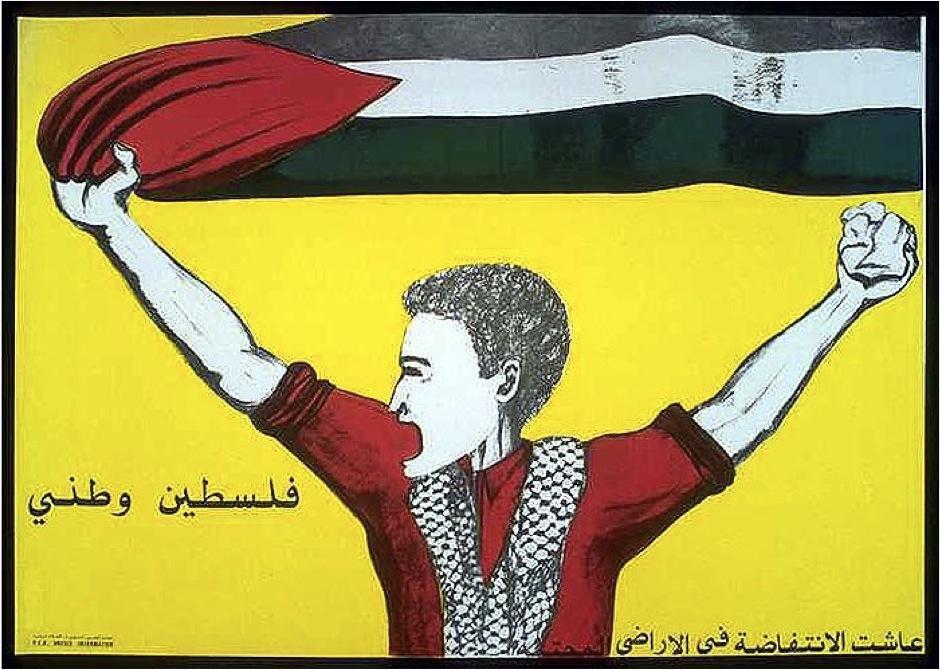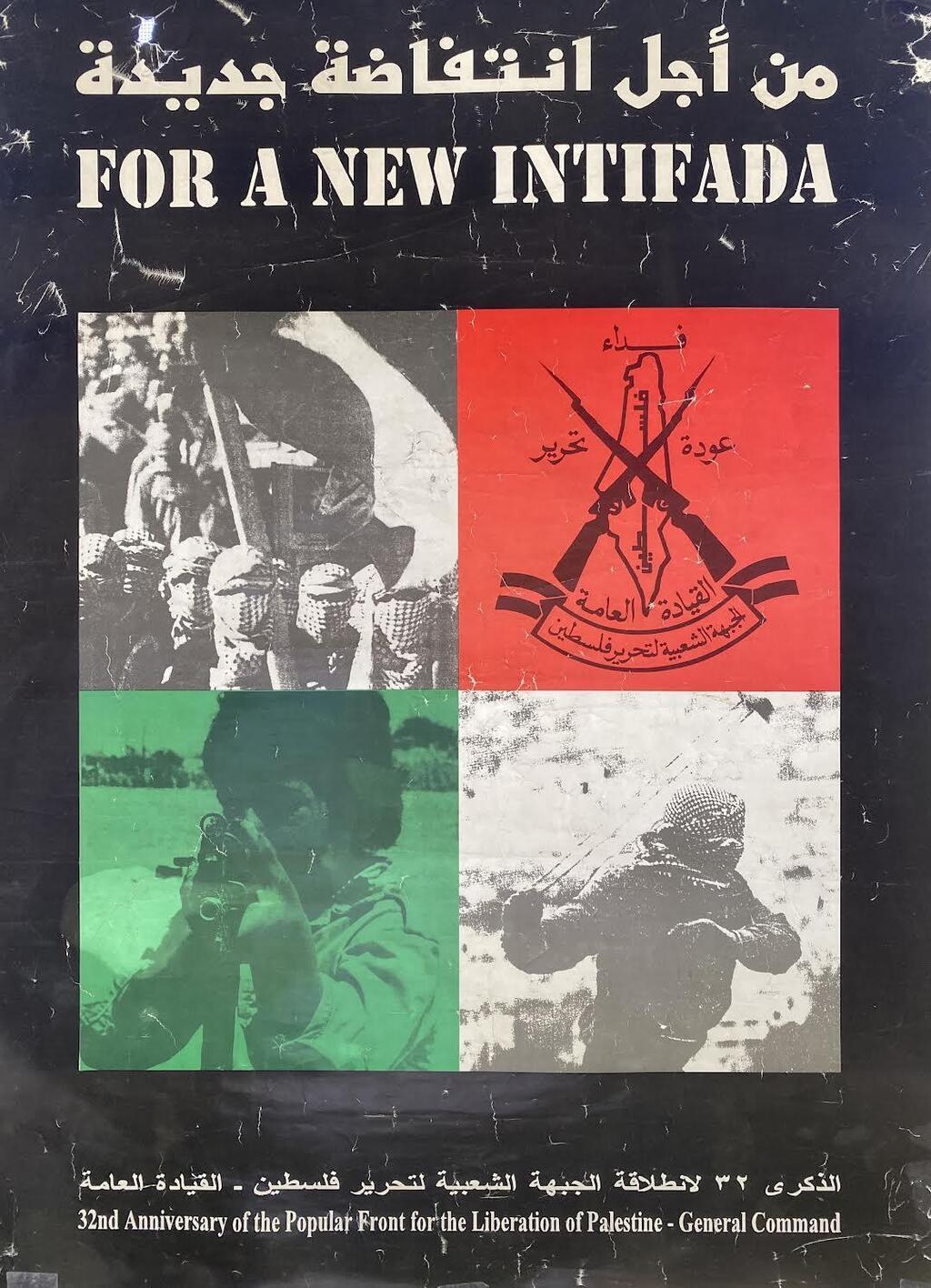Getting your Trinity Audio player ready...
The Massachusetts Teachers Association (MTA) announced it will remove controversial educational materials from its website following widespread criticism that they contain antisemitic and anti-Israel content. The decision came after a heated public debate that led to a special legislative committee hearing on antisemitism.
During the hearing, State Rep. Simon Cataldo presented examples of the problematic materials, including images of armed men in keffiyehs, a folded dollar bill forming a Star of David, posters calling for an intifada and books by anti-Zionist historians such as Norman Finkelstein and Rashid Khalidi. Lawmakers described the materials as "blatantly antisemitic" and "outrageously one-sided."
The MTA claimed the materials were meant to help teachers facilitate complex discussions about the Israel-Hamas war, but critics argued they were inflammatory and lacked oversight. " That the MTA is only just now beginning to ‘review’ the resources would be laughable if the subject matter wasn’t so gravely serious," said Cataldo, who chairs the committee on antisemitism.
The MTA, which is made up of 117,000 members, is the largest teachers' union in New England, representing over 400 local unions. A year after it began compiling a resource list on the Israeli-Palestinian conflict the list was quietly published on the union’s website, sparking backlash over its extreme bias.
One of the most controversial sections featured over 100 Palestinian art posters with radical messages, including calls for boycotting Israel and violent resistance. Some posters depicted a blood-drenched Star of David, while others bore slogans such as "Zionists F*ck Off" and "Israel Starves Gaza."
Get the Ynetnews app on your smartphone: Google Play: https://bit.ly/4eJ37pE | Apple App Store: https://bit.ly/3ZL7iNv
Other images showed Palestinian children under bombardment and an Israeli soldier stomping on a Palestinian in a bloodied keffiyeh, symbolizing the “occupation.” One poster listed "the next steps" as "intifada, uprising, resistance, liberation." The list contained no Israeli art or visual materials offering an Israeli perspective.
The reading list included books by figures known for their harsh criticism of Israel, such as Norman Finkelstein, who has compared Israeli policies to those of the Nazis and said Hamas' October 7 attack "warms [sic] every fiber of my soul."
Other listed authors included anti-Israel historians Ilan Pappe, Rashid Khalidi and Edward Said. The only Israeli historian featured was Israel Prize laureate Anita Shapira, with no additional balance. While the list contained little on the October 7 attack and its victims, it had extensive materials on Palestinian displacement during Israel’s founding.
At the public hearing, Jewish and non-Jewish lawmakers and educators condemned the union for ignoring calls to revise the materials and "silencing" teachers who raised concerns. State Sen. John Velis called the publication of the materials "gross educational negligence" and said their removal was only the first step in addressing the harm caused.
"MTA members would never want to have antisemitic materials on the MTA website, and the MTA does not promote materials that direct hate at any group," MTA President Max Page said. He added that the resource list was "meant to be updated and dynamic" and that some links may have included content that hadn't been fully vetted.
"We will remove any materials that do not further the cause of promoting understanding," he wrote in an email to lawmakers. However, he ended with a pointed remark: "This attack, based on carefully selected items by opponents — problematic as they may be — did not advance the committee’s work on fighting antisemitism."
Despite the MTA’s announcement, critics argue the controversy raises broader concerns about how educational sources for sensitive topics are chosen in U.S. public schools and the need for stricter oversight of educational organizations promoting political content under the guise of objective instruction.






